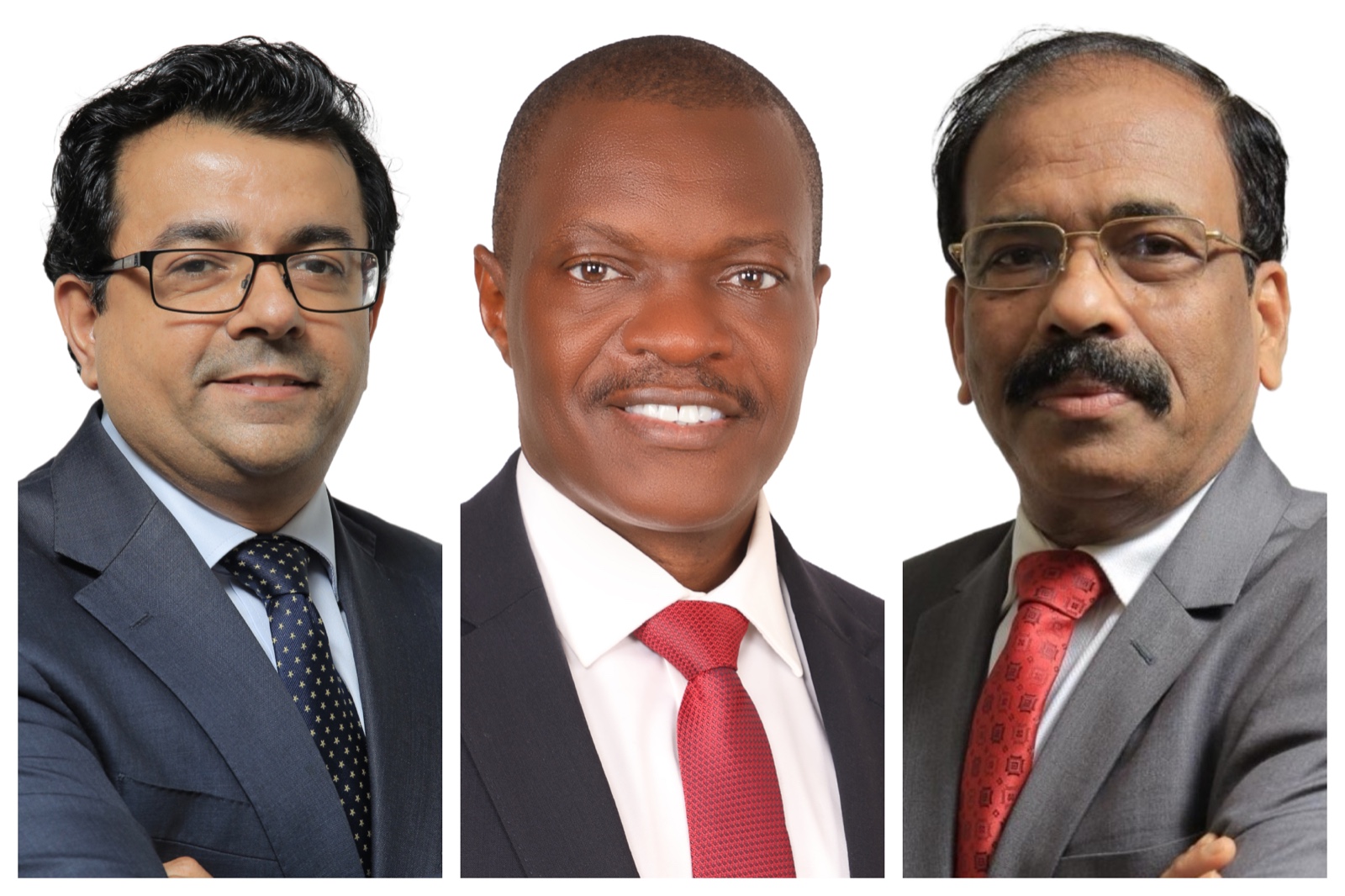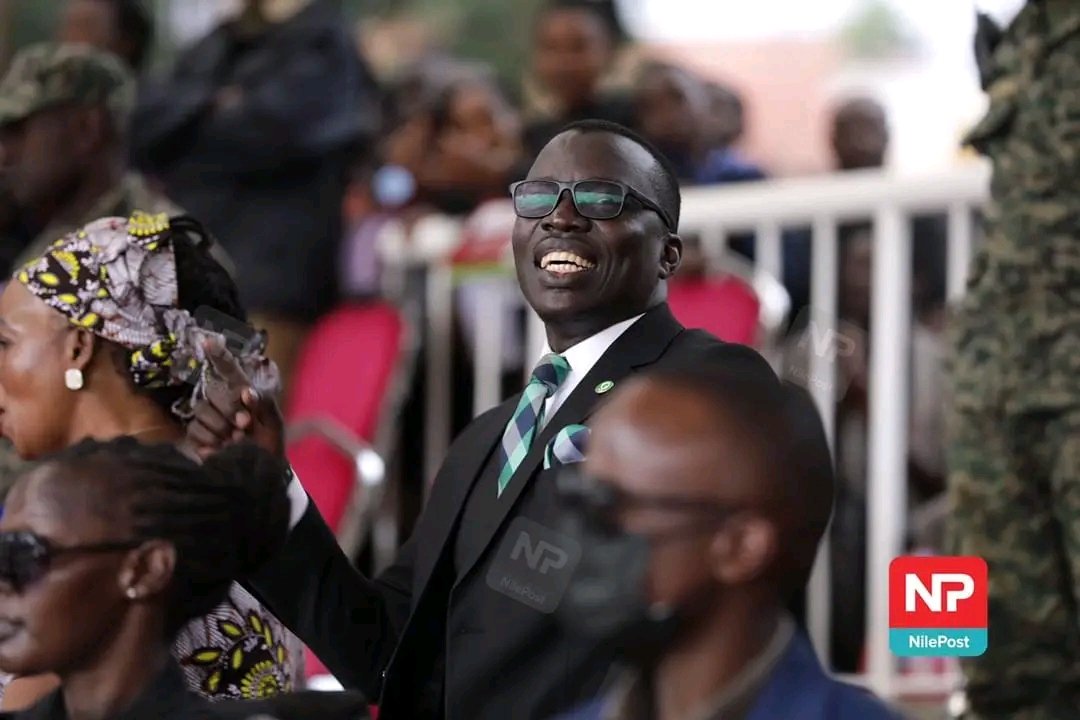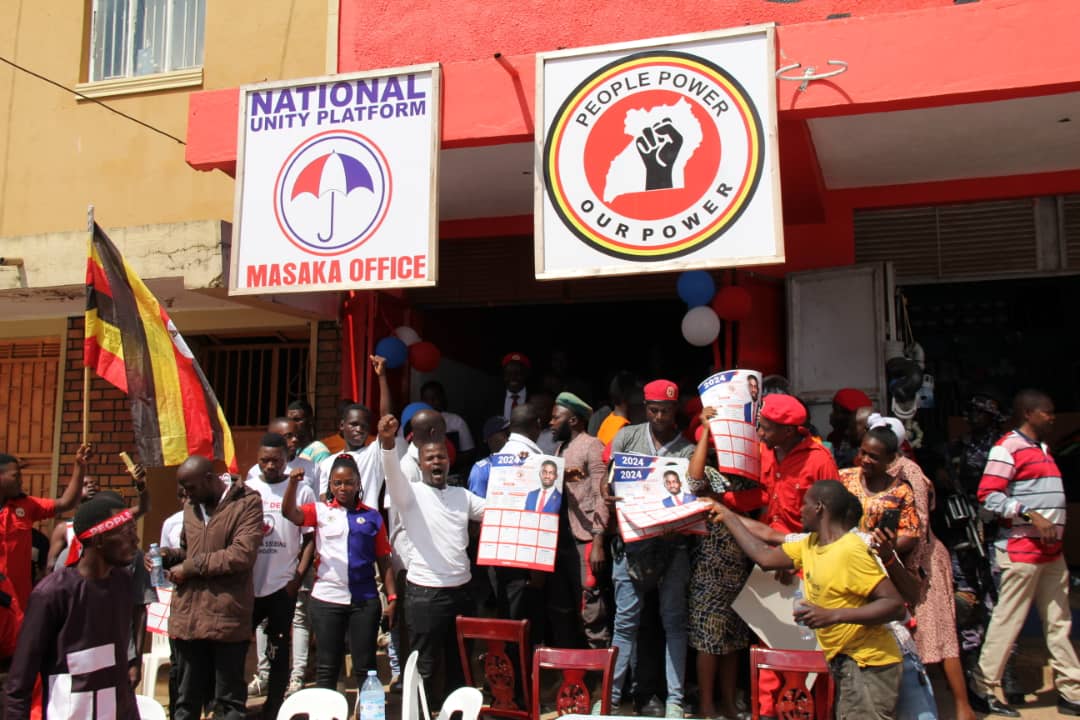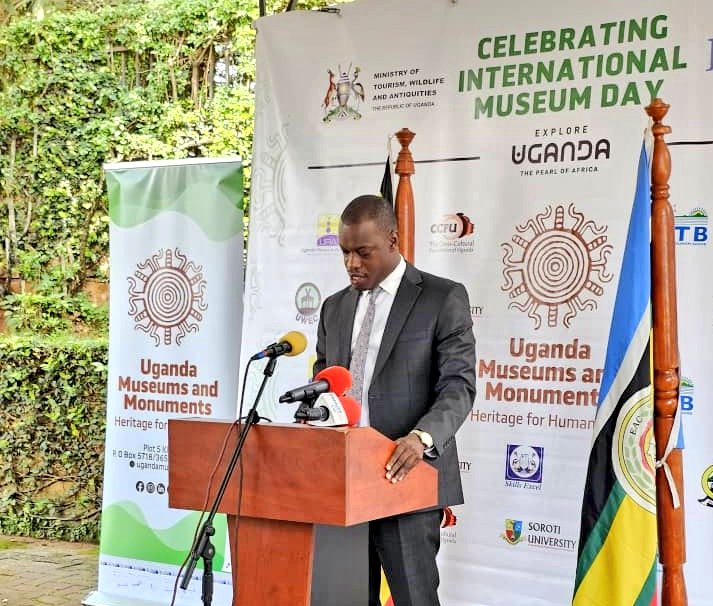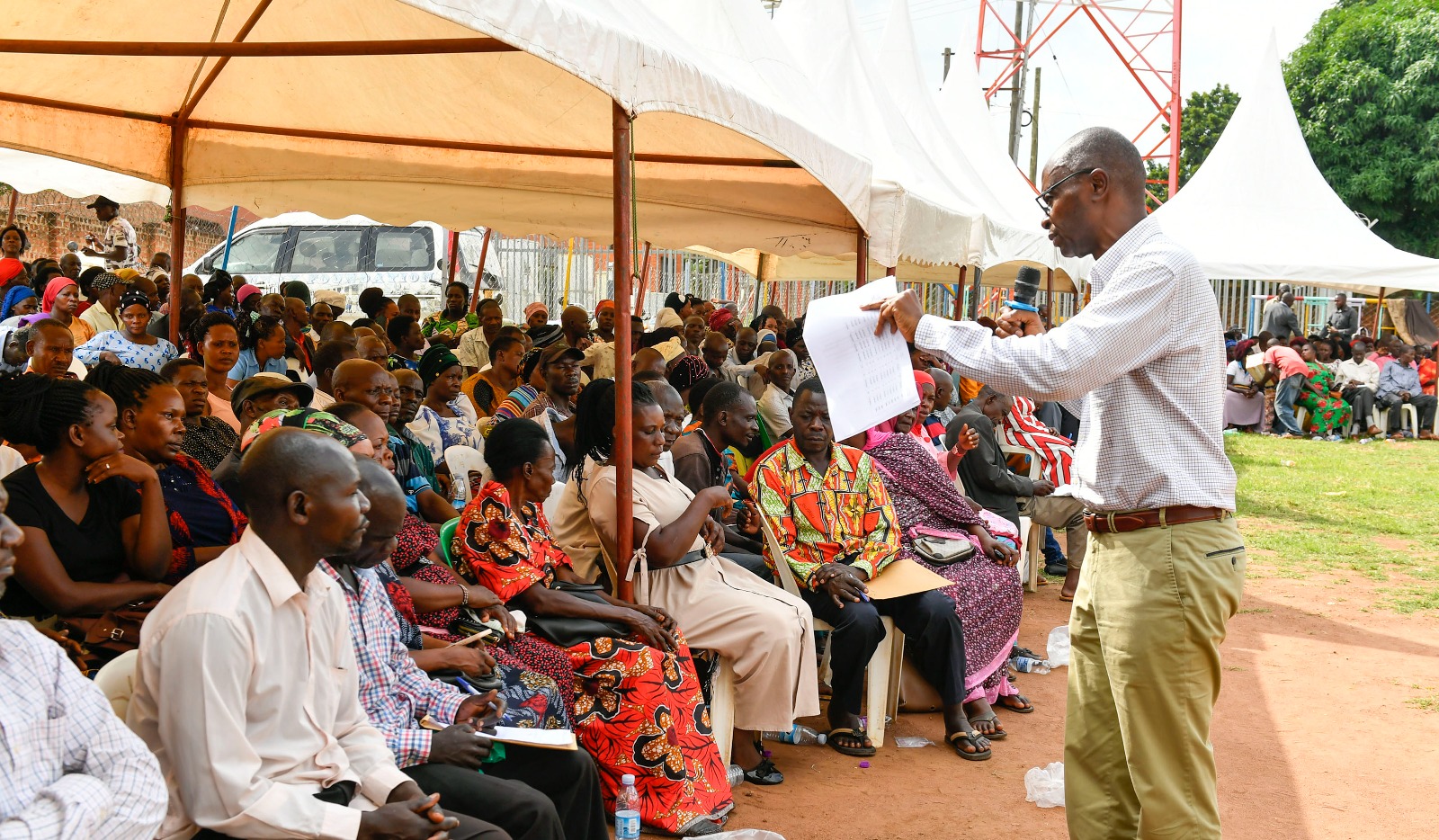Can alliances resolve political divisions?
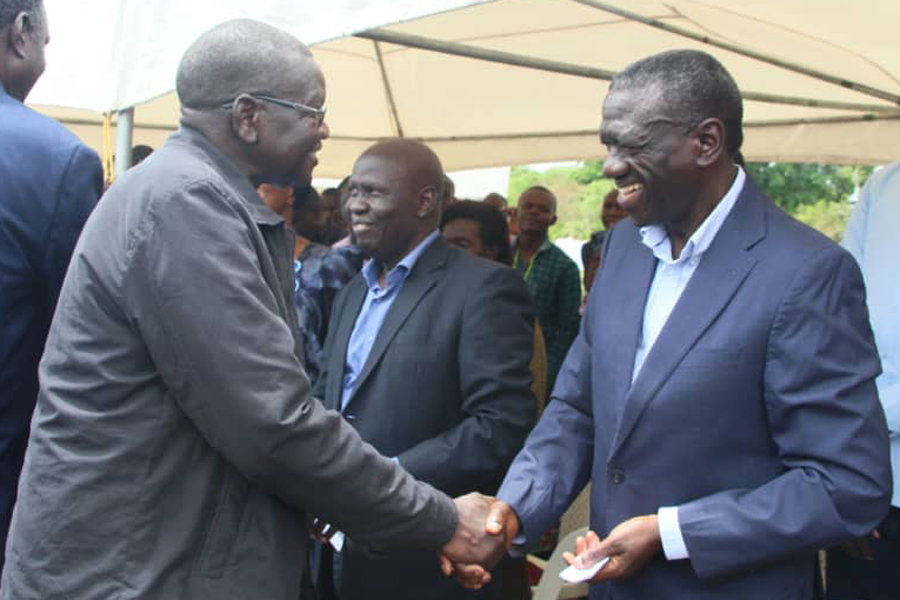
As Uganda grapples with a stalled transition, analysts debate the efficacy of alliances in bridging political rifts
POLITICS | In the wake of Uganda's prolonged political uncertainty and the failure of transitional efforts, citizens and analysts alike are searching for pathways to resolve the deep-seated divisions plaguing the nation.
With alliances emerging as a potential solution, experts are divided on whether such collaborations offer a viable path forward.
Uganda's political landscape has been marked by decades of entrenched power dynamics, with recent attempts at transitioning to a more inclusive and democratic system stalling amidst controversy and resistance.
Against this backdrop, the idea of political alliances has gained traction as a means to bridge ideological divides and foster consensus.
Proponents of alliances argue that by bringing together disparate political factions, these coalitions can pool resources, expertise, and support to navigate complex political terrain.
They suggest that alliances offer a platform for dialogue and compromise, essential ingredients for fostering national unity and progress.
Dr Sarah Nkosi, a political analyst at Makerere University, emphasises the potential of alliances to break the deadlock in Uganda's transition process.
"In a polarised political environment like Uganda's, alliances can serve as a catalyst for constructive engagement," she says.
"By uniting around common goals, parties can transcend narrow interests and work towards the collective good."
However, skeptics caution against placing undue faith in alliances, citing historical precedents and underlying power dynamics.
They argue that while alliances may offer short-term solutions, they often face internal tensions and are susceptible to manipulation by dominant actors.
Mr John Kamau, a researcher at the Institute for Governance Studies, warns against viewing alliances as a panacea for Uganda's political woes.
"We must acknowledge the inherent challenges of coalition politics," Mr Kamau cautions.
"Alliances can become mired in internal conflicts and power struggles, ultimately undermining their effectiveness in addressing broader societal issues."
Moreover, critics highlight the need for genuine political reforms and institutional strengthening to complement any efforts at coalition-building.
Without robust mechanisms for accountability and transparency, alliances risk becoming vehicles for elite capture rather than agents of meaningful change.
As Uganda navigates its uncertain political future, the debate over the efficacy of alliances rages on.
While some see these coalitions as a beacon of hope for reconciliation and progress, others urge caution, emphasizing the need for comprehensive reforms and genuine dialogue.
Ultimately, the question of whether alliances can resolve Uganda's political divisions remains unanswered.
As citizens and leaders grapple with this challenge, one thing is clear: the path to a more inclusive and democratic Uganda will require concerted efforts and a willingness to confront entrenched interests head-on.





